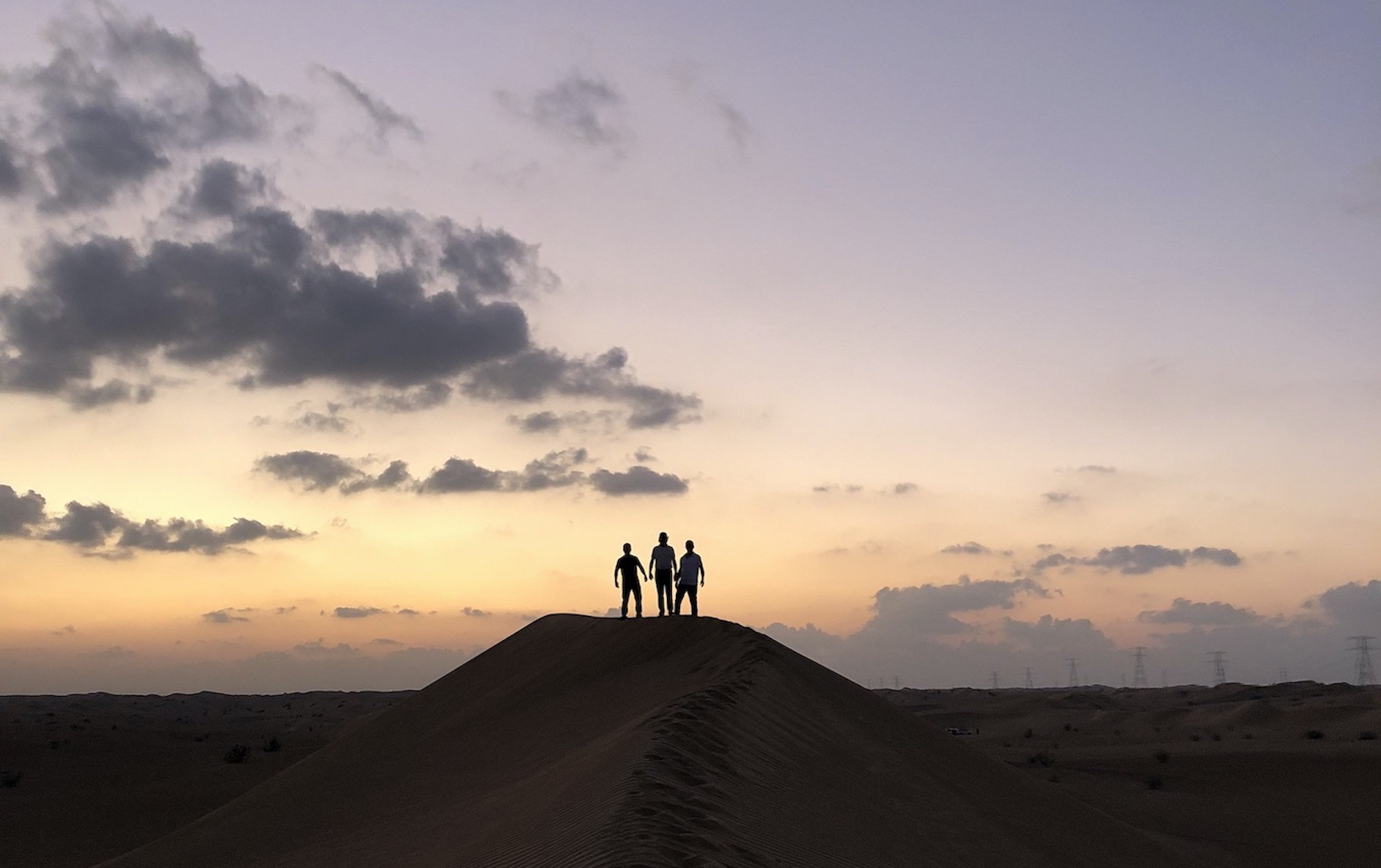
**My Nomadic Method to Responsible Living**
In a world that is becoming more interconnected—yet increasingly strained environmentally—the idea of living responsibly has evolved for many individuals. For those who relish the freedom of a nomadic way of life, the duty of harmonizing personal development, cultural respect, and ecological sustainability is essential. This article delves into how embracing a nomadic perspective can promote responsible living and nurture a more profound connection with the Earth and its various inhabitants.
—
### Adopting a Purposeful Nomadic Lifestyle
A genuinely nomadic way of life is more than just a variation in scenery; it represents a transformation in mindset. It transcends simple travel, embodying a dedication to exploration, flexibility, and awareness. Grounded in the principle of living lightly—both in terms of physical belongings and environmental impact—a nomadic life prompts individuals to rethink their definitions of wealth, status, and convenience.
This journey frequently starts with the insight that “enough” is subjective. For numerous nomads, possessing fewer material items translates to feeling freer and more fulfilled. The ability to condense all necessities for survival into a backpack allows individuals to release the burdens of contemporary consumerism. By embracing minimalism, nomads gain a greater appreciation for their existing resources, while simultaneously lightening their ecological footprint.
—
### Practicing Mindfulness in Travel
Mindful travel encompasses more than merely enjoying breathtaking vistas or ticking off destinations from a wishlist. It requires a deliberate awareness of the cultures, ecosystems, and histories of the places explored. A mindful traveler connects with local communities, honoring their customs and daily challenges, rather than attempting to enforce Western ideals of development and ease.
A compelling illustration is the journey through East African nations like Tanzania, Zambia, and Malawi. Although the local populace may initially seem “impoverished” in terms of material wealth, their strong community bonds, resilience, and sustainable habits reveal a richness that is often absent in industrialized societies. Visitors from the North have the chance to absorb these values and reassess their own cultural narratives surrounding achievement and contentment.
Mindfulness also requires recognizing the privileges intertwined with travel. The ability to explore ecologically vibrant and culturally rich regions is a privilege not extended to everyone. Acknowledging this privilege includes compensating for the expenses of travel—like one’s carbon footprint—through significant contributions to sustainable initiatives, community-oriented tourism, or wildlife conservation projects. It also involves making intentional decisions, such as choosing environmentally responsible tour operators that reinvest in local economies.
—
### Achieving Equilibrium with the Planet
Embarking on a nomadic lifestyle often highlights the conflicting desires of pursuing personal aspirations while minimizing harmful effects on the environment. Each flight, bus trip, or guided tour carries consequences, both financial and ecological. The key question is: how can nomadic living meaningfully contribute to the planet, rather than exhausting its finite resources?
One part of the solution includes supporting projects that promote local conservation, recycling, and ecosystem restoration. Many regions in Africa, for example, grapple with significant challenges concerning waste management, especially regarding plastics. Conscious travelers can advocate and support efforts by governments and international bodies to address these issues.
In addition, nomadic individuals have the chance to serve as advocates for the advantages of sustainable practices. By engaging in eco-tourism and promoting travel that emphasizes community safeguarding over resource exploitation, they can motivate meaningful change. For instance, wildlife programs that enable locals to derive economic benefits from conserving rather than exploiting their natural resources have shown success in various regions.
The nomadic way of life also encourages travelers to contemplate their own connections to nature. Engaging in activities like cooking on open flames or tending to gardens at temporary abodes fosters a deeper bond with the Earth. Nomads frequently gain an intrinsic understanding that the human body is meant for physical work, sunlight, and self-reliance—not the stationary lifestyle and artificial illumination that characterize Western convenience.
—
### The Restorative Strength of Simplicity
One of the most profound insights gained from living a nomadic life is the realization that true happiness does not lie in excess or indulgence. Genuine satisfaction often stems from the simplicity found in life’s daily experiences: preparing food with companions, sleeping beneath the stars, or witnessing a leopard in action. Freed from societal pressures to gather wealth or symbols of status, nomads can align their lives with the natural rhythms of the planet.
This minimalist ideology stretches beyond material belongings to encompass emotional and social weight. For some, the ephemeral nature of nomadism provides the liberty to disengage from societal demands, interact genuinely with others, and develop mindfulness free from the pressure of performance.
Furthermore, the unpredictability inherent in life on the move fosters resilience. Whether it involves adapting to new environments, overcoming language obstacles, or managing logistical hurdles, the nomadic lifestyle imparts valuable lessons about relinquishing control and embracing the unforeseen. These skills acquired through travel enrich individuals’ perspectives when they return to a more stable lifestyle or confront challenges back home.
—